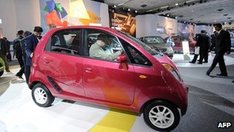
Nano was launched amid great fanfare as answer to India's aspirational middle classes and appeal to Indian families looking to enter car-buying market. Problem was consumer aspirations to have car was not aligned with Nano's cheap image. Think Yugo deja vu. Cheap does not equal quality in people's mind. Poor quality product can never live up to consumer's aspirations.
Nano is being re-positioned as smart city car following disappointing sales. "We are now focusing on making it smart city car and targeting young customers."
Future quality improvements for Nano include: power steering options, improved interior and exterior, be available in more colours, and better fuel efficiency.
Source: http://www.bbc.com/news/world-asia-23792196
CKB Solutions is all about real solutions for the real world. To learn how we can help your business, contact Greg Kovacic in Hong Kong.

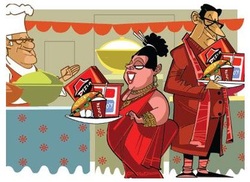
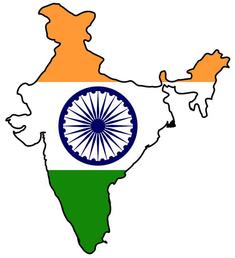
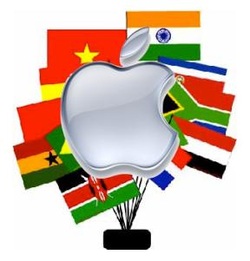
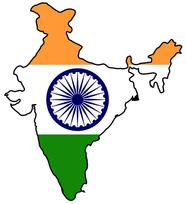
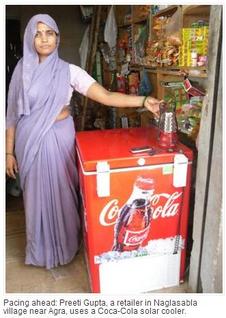

 RSS Feed
RSS Feed
